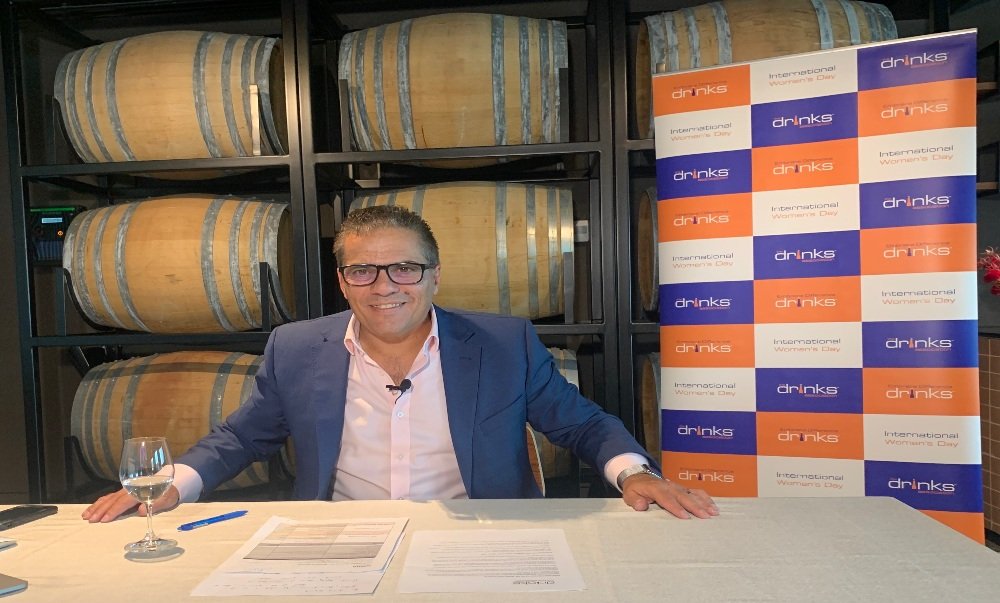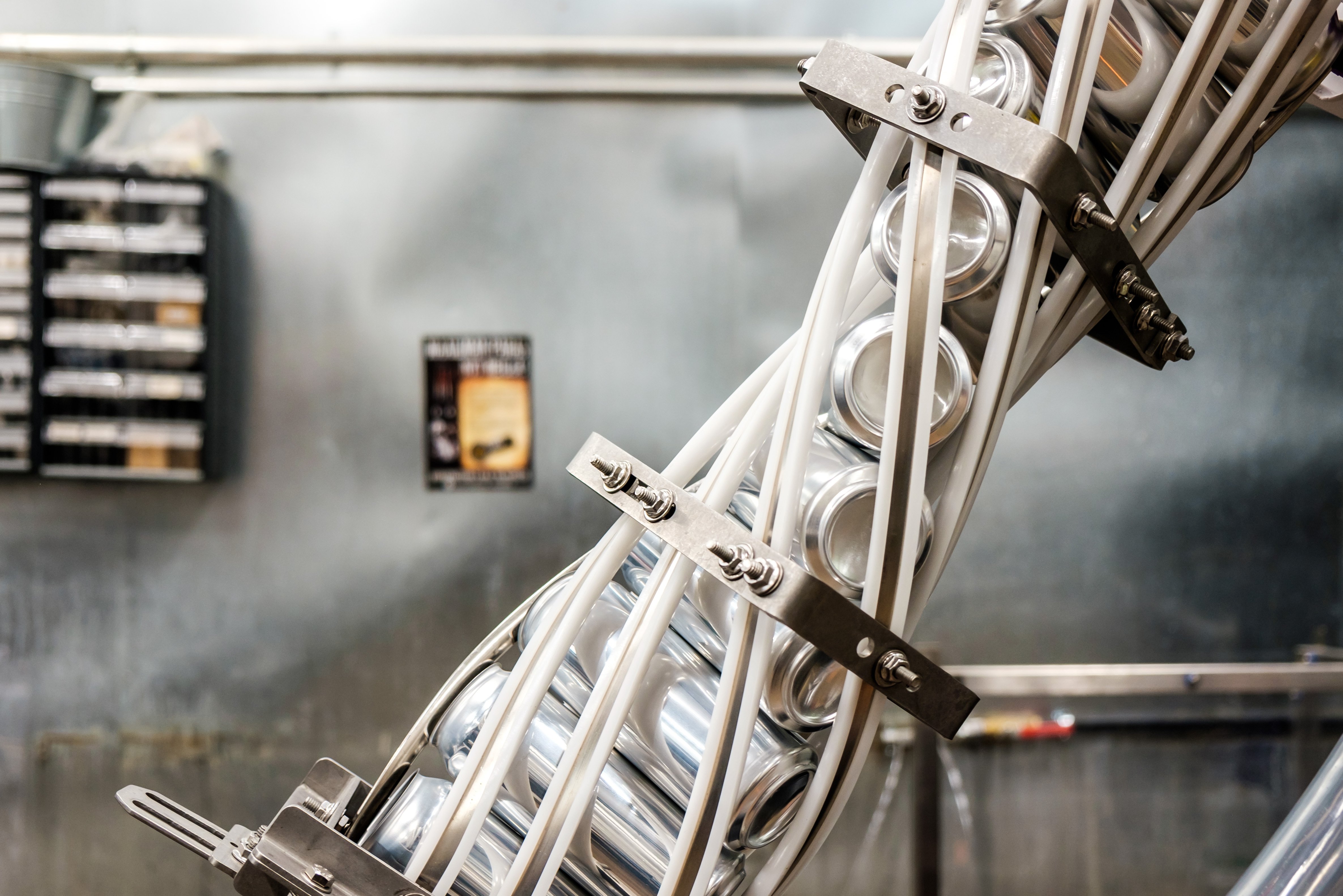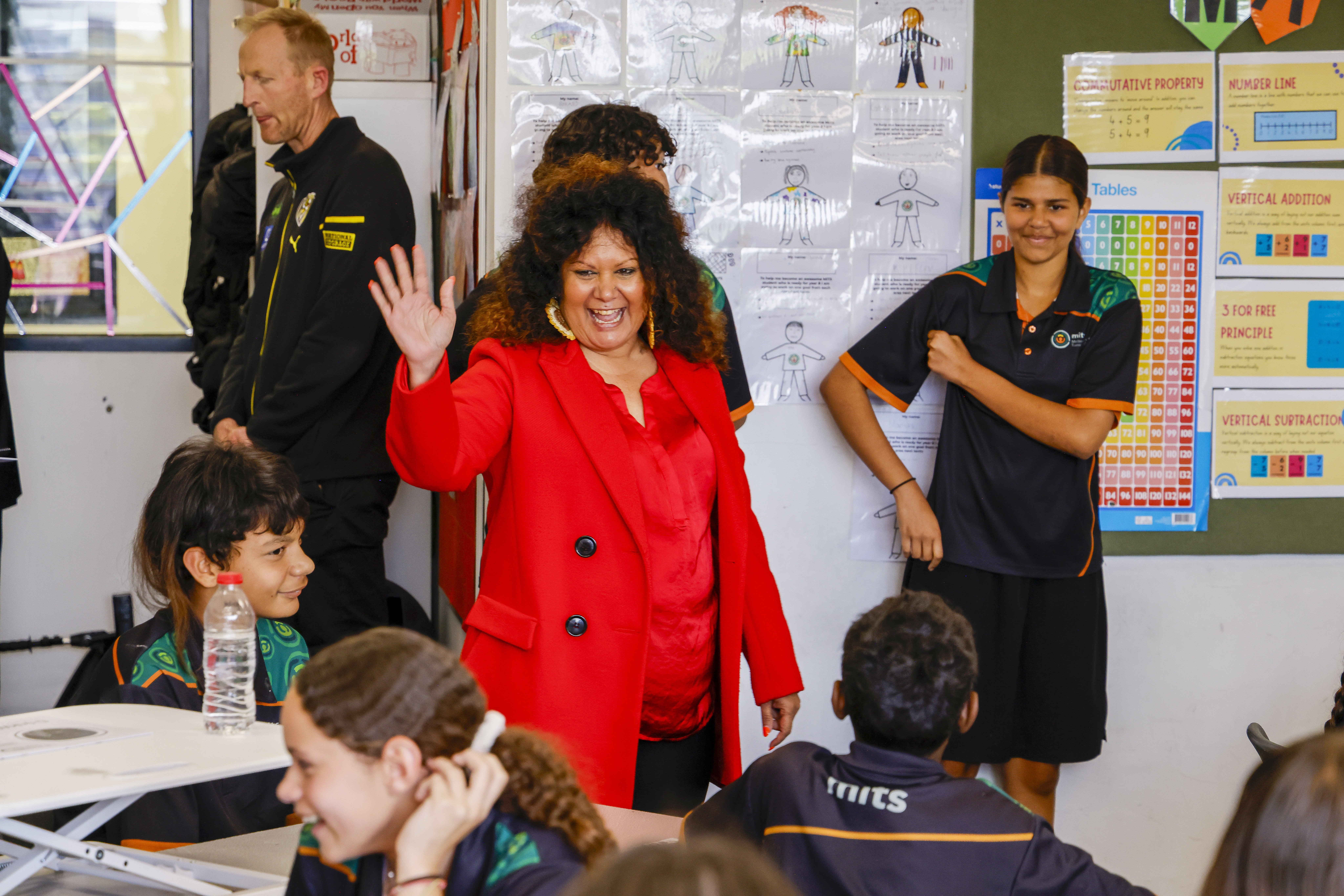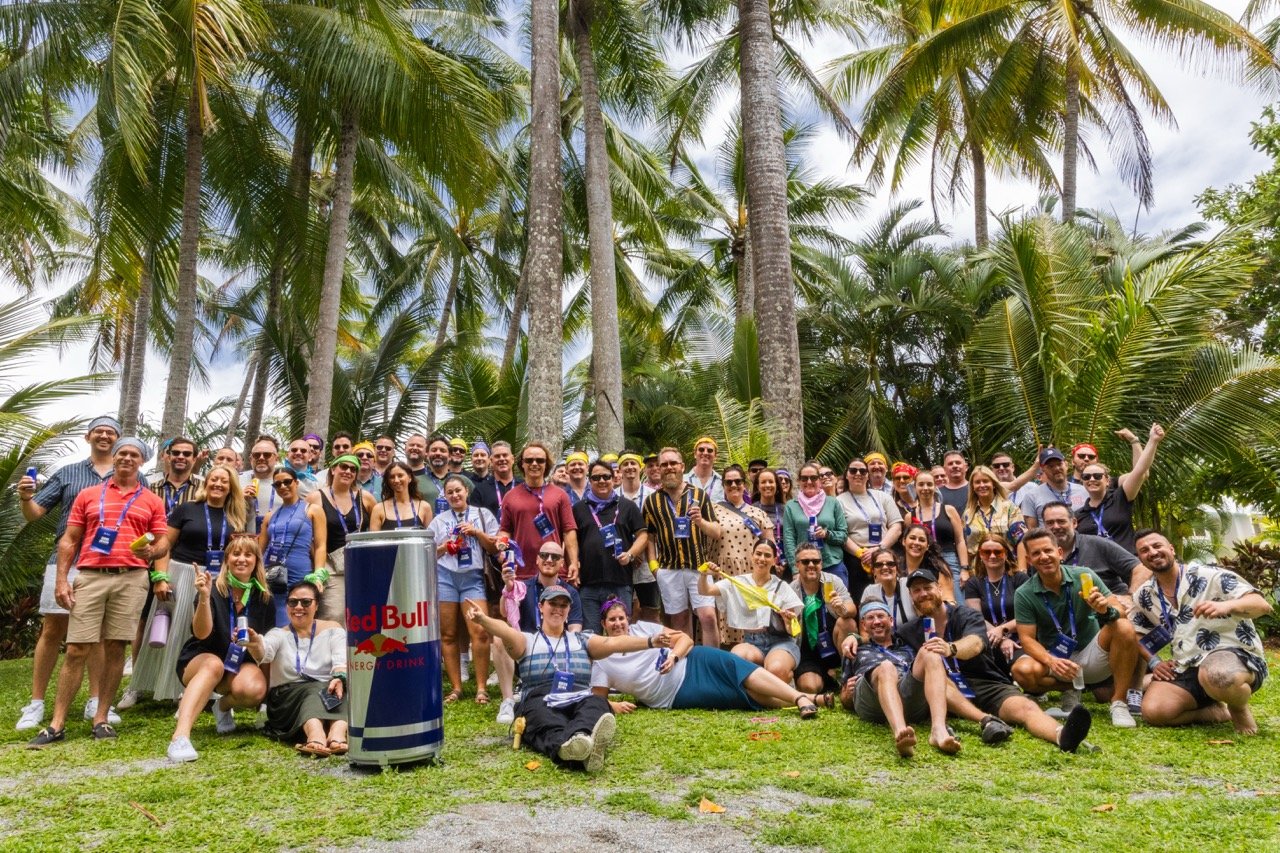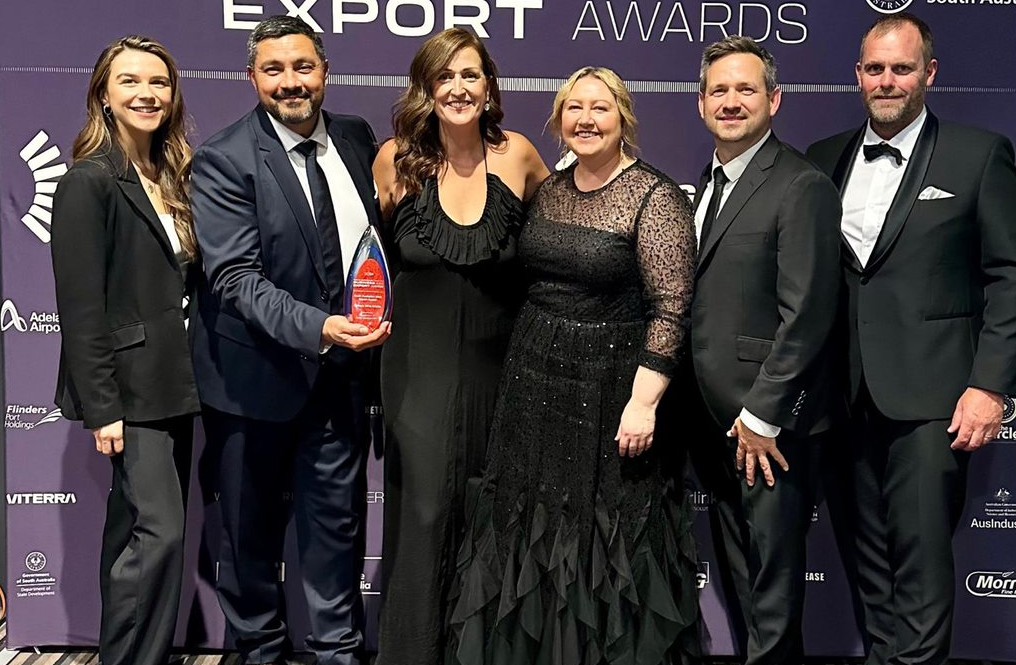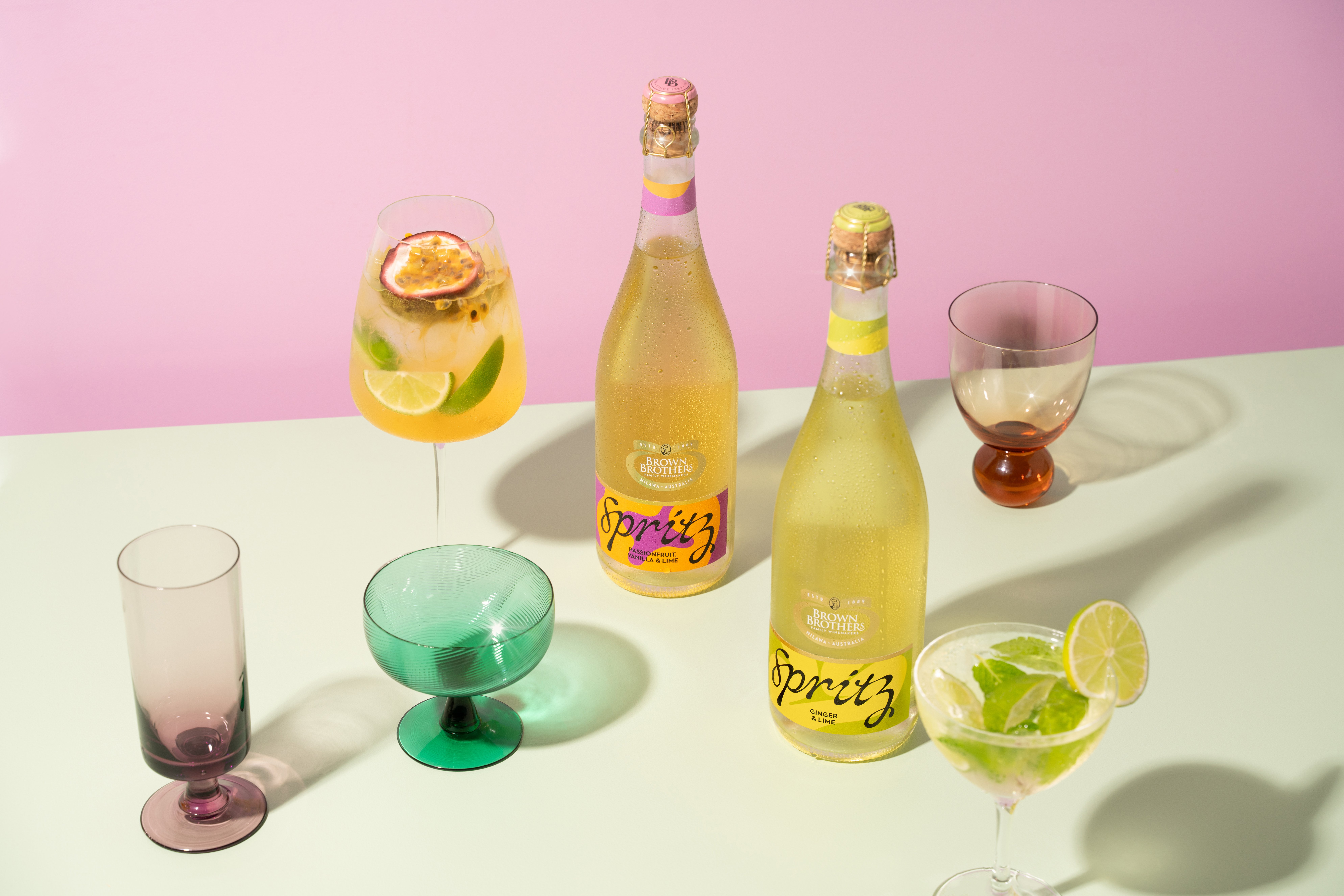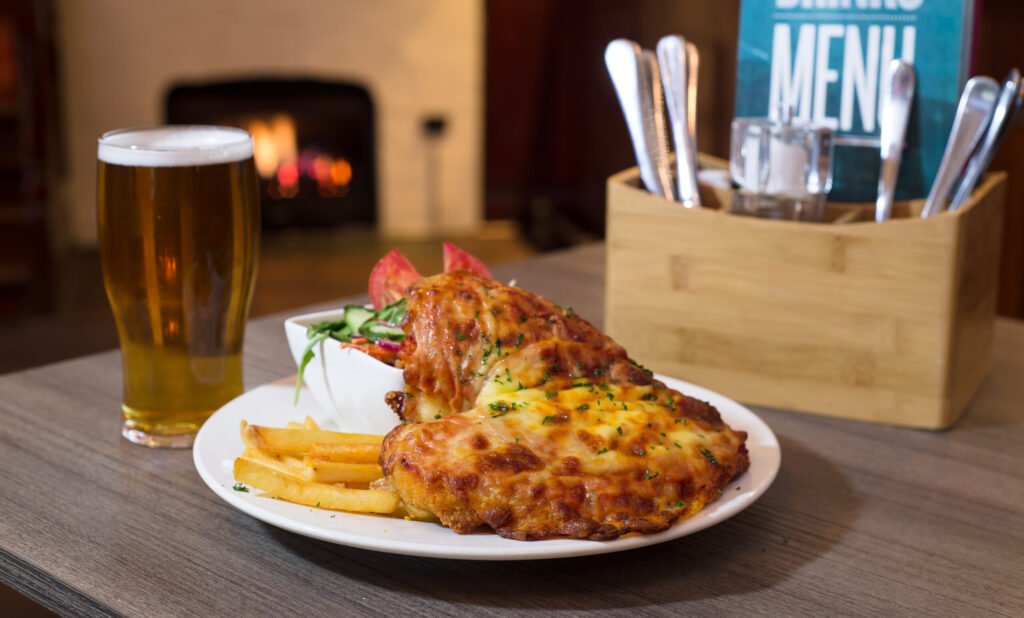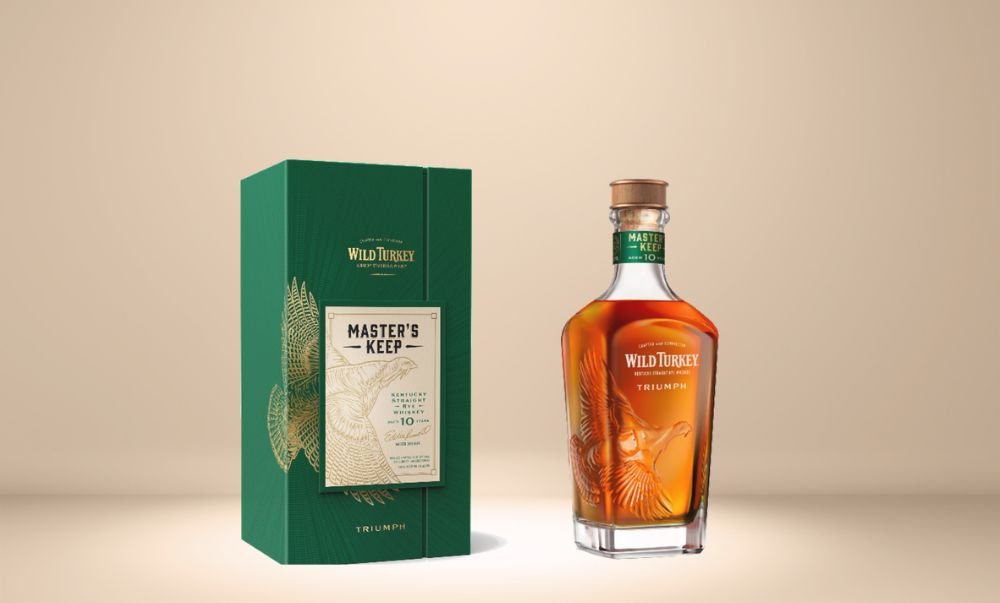The industry panel for this year’s International Women’s Day event was comprised of Brown-Forman, Vice President, Managing Director, Eveline Albarracin; Treasury Wine Estates, Chief People Officer, Katie Hodgson and Hurley Hotel Group, Managing Director, Peter Hurley AO. Treasury Wine Estates’ George Samios was our most excellent facilitator.
The representatives from the three different organisations had various tales of diversity and inclusion to share. Naturally, the kick off point for the conversation was to consider how COVID has taken its toll with insights shared on Zoom fatigue – it’s a real and measurable phenomenon, explained Hodgson – the ways in which Zoom ramps up bias – again: real and measured - and the concept that working from home means employees face the “challenge of always being on”.
That said, the pandemic has been a great leveller: more people have more access to more experiences and information.
Brown Forman’s Managing Director is excited about the benefits to flexibility brought about thanks to the pandemic, especially for working parents, and the idea that without the commute there is more time to be with kids, to go for that run, to walk the dog. But Albarracin cautioned about the importance of time management and the trap over-working, echoing the idea that working from home can mean that we never switch off.
Hodgson agreed and explained that working from home and the lockdown of last year has increased the burden on home caring and responsibilities falling to women, resulting in a massive drop out of women from the workforce, particularly in Victoria given the prolonged lockdown.
Hodgson cited the following figures: “Even a five per cent reduction in our female workforce puts us back 25 years in our strive to be equal…it affects gender equality, wealth of our country, GDP for generations. It will be something in particular we are going to need to solve out of this pandemic.”
In her global role with TWE, Hodgson traverses time zones and cultures, all at different points in their diversity and inclusion journey. She said: “Whilst we’ve got a global goal in terms of diversity and gender equality, the reality is that some of our teams, our functions, our countries, they’re in a different starting position…
“So, we’ve got that element of a global ambition and target, and then local roadmaps of how to get there. So, I think it’s a belief that the sum of the parts has to be greater than the whole.”
TWE strives to be a workplace, Hodgson explained, where employees should be able to speak up and speak out when they feel the need, to share their ideas and challenge the status quo. “And to share with us when they expect us to do better,” she added.
Hodgson then spoke about TWE’s experience in the face of Black Lives Matter, one of many extraordinary social and political currents that reached flashpoint last year along with #MeToo, the rise of the Alt-right and the pro-Trump riots on Capitol Hill.
As the Black Lives Matter protests continued, TWE leadership engaged with its employees to ascertain what they wanted and needed from the business during this distressing time. This involved having conversations that were challenging and uncomfortable at times, but ultimately led to positive outcomes.
Albarracin agreed: having the uncomfortable conversations often leads to moving forward and improved business practices.
At Brown-Forman, there is a growing culture of mindfulness around diversity and inclusion and Albarracin has observed that D&I are considered each and every day, particularly when it comes to recruitment.
Albarracin said: “It comes down to leadership, learning and development and to accountability, and having the courage – in a good way, in a graceful way - to highlight when there is conscious bias at play.”
Just one year into her role and Albarracin already feels at home in the alcohol industry after twenty years working in pharmaceuticals. During her first year, she has appreciated the compassion and connectedness of the industry and is excited by the women coming into it, “as much as it is still male dominated and that there is still work to be done”.
In her career working in pharmaceuticals, she had to work alongside a boy’s club. She said: “It meant that I had to be twice as good, work twice as hard and my presentations had to be twice as sharp.”
Her pathway to success was to focus in on the moment, to focus in and do her best, to speak out when she had to and to stay true to her values. Personally, she is mindful of the example she sets as a good role model to younger leaders, especially younger women, and always tries to remain self-aware, ensuring that in all professional contexts, she considers how she can effect change and promote diversity and inclusion no matter age, race, gender or heritage.
For publican Peter Hurley, closing the doors to his pubs in South Australia was a “massive shock” to the local community and while there was “pent up demand” when the pubs reopened, the function side of the business could not operate as big celebrations could not take place.
Since the pandemic and the subsequent boom in local tourism, Hurley said that leaving “the passports in the draw had resulted in a mini-boom in hospitality” which some of his venues, such as Port Lincoln and other regional locations, have well and truly benefited from.
Not being an industry that could work from home, Hurley described March 21 as the “worst day of my business life”.
“Our senior people had to effectively stand down in excess of 500 people. That is a mentally draining thing to do; just an awful day…
“Then, one week later we had to reinstate a significant number of them because the government reacted very quickly with Jobkeeper which was a fabulous way of maintaining engagement with the workplace. It was lifesaver for the business; it was a lifesaver for the mental health of many of our employees as well,” he said.
To issues of diversity and inclusion, Hurley said he did not believe there is a need to implement policies within the Hurley Group: “We don’t have to have groundbreaking policies. It just happened for us,” he said.
Two of their largest hotels – Crown Plaza and Adelaide Oval Hotel - have general managers who are women, four of their largest properties have GMs who are women. Functions and marketing areas are run by women and of the ten most highly paid employees, more than half are women.
The population of the workforce that he is most keen to grow, is that of more mature workers who he knows have so much experience to offer to the hospitality sector.
The Drinks Association is grateful to all panellists and to those who watched the presentation. Here's hoping that in 2022 we can celebrate together in person, as well as broadcasting the event right around the country. We will strive to ensure it remains an all inclusive event.
Share the content
